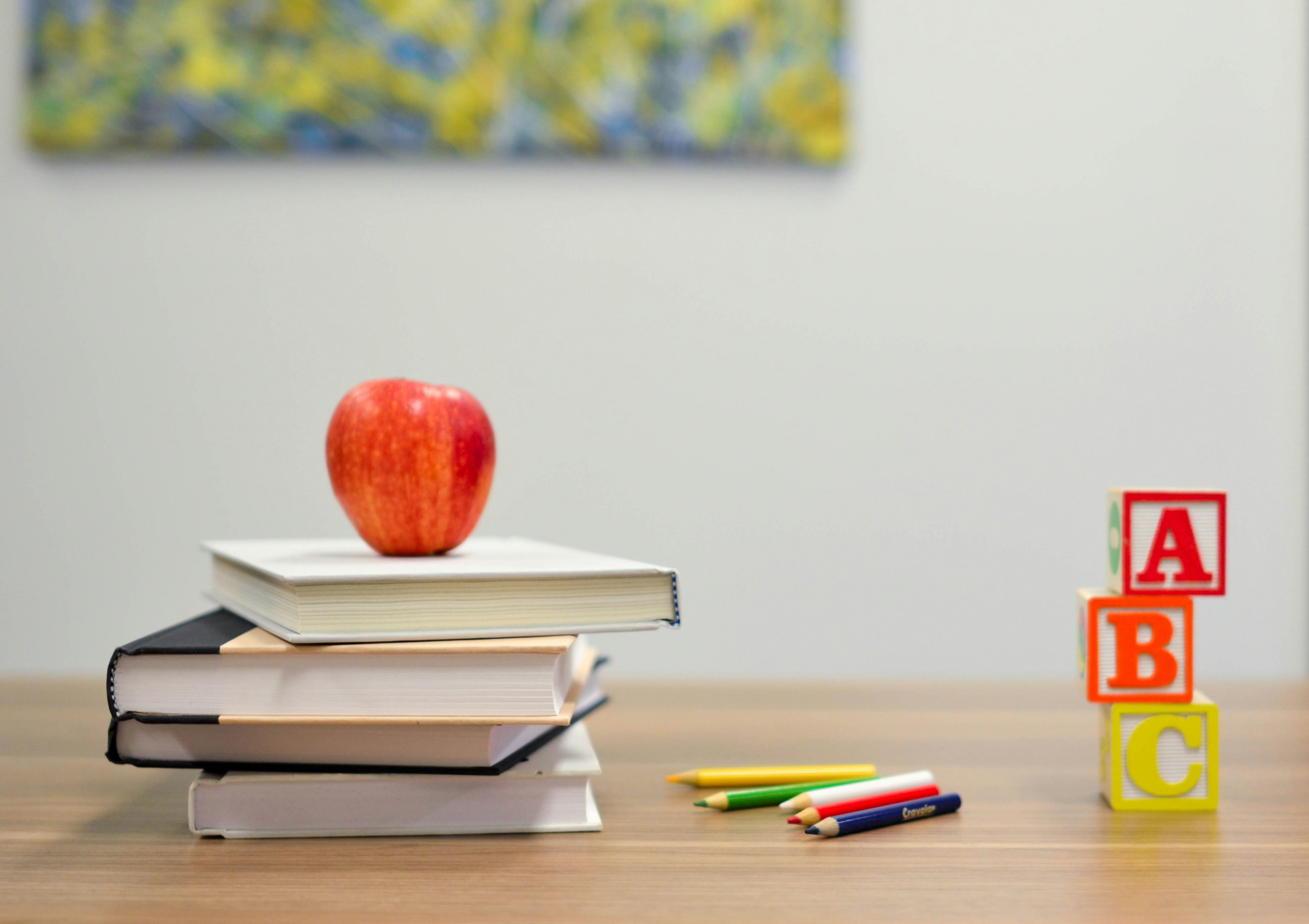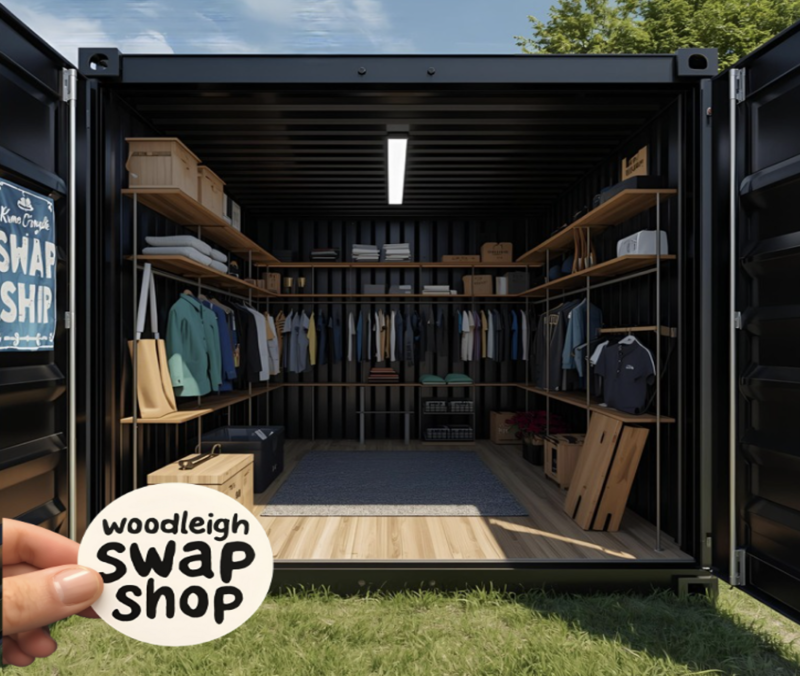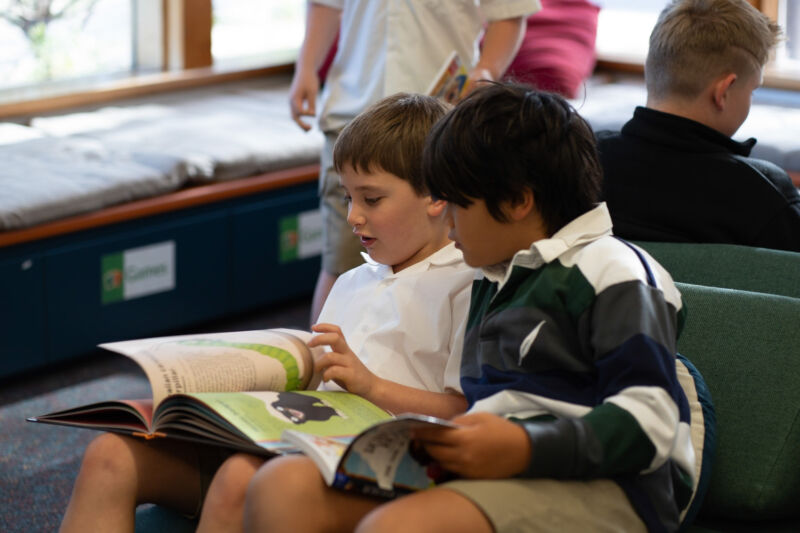
An outstanding group of humans – caring, creative, wise and tenacious.
Continue Reading
For decades, high-stakes exams have dominated the VCE. It’s a 1980s relic of a system, one that fails to measure what matters today.
Continue Reading
An outstanding group of humans – caring, creative, wise and tenacious.
Continue Reading
Despite the best efforts of op-shops, 43,444 tonnes of textile waste still end up in Victorian landfills each year.
Continue Reading
The Futures Project shows Year 10 students how to turn concern into action.
Continue Reading
An exhibition that brings artists and students together to push for change - and you’re invited.
Continue Reading
All the talk is about how we teach our young people to read. But what about the love of reading? Why are we not working to have our kids fall, deeply and lastingly, in love with words.
Continue Reading
AI does not need to be just a threat; it can be a powerful tool, a challenge and a huge opportunity to evolve the ways students think, learn and create.
Continue Reading